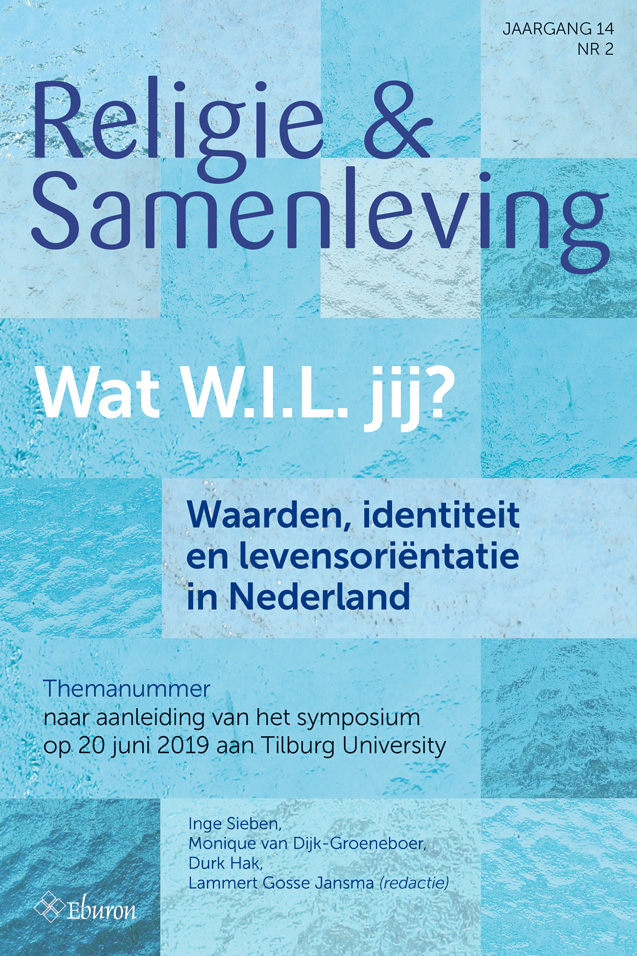Persoonsvorming in het voortgezet onderwijs
Pleidooi voor een contemplatieve pedagogiek
DOI:
https://doi.org/10.54195/RS.11579Samenvatting
Young people in the Netherlands enjoy a lot of freedom to make their own choices. Because of processes of secularization and individualization, they are expected to base their life choices on their own personality and search for their own individual and authentic sources of meaning. This pressure results in an increase of mental health problems among secondary school students in the Netherlands. It is necessary and important that secondary schools pay more attention to the personhood formation of their students. Not only for individual young people, but also for society. This paper analyses the concept of personhood formation in order to formulate a definition of this concept for confessional schools. Personhood formation is a process of moral and existential transformation of students. To promote this process of transformation, we need a different pedagogical approach in secondary education: a contemplative pedagogy. Through contemplative pedagogy the teacher can create in his or her classroom opportunities for a slower and deepening learning process. This means we must create contemplative forms, for example by using forms from the monastic tradition such as lectio divina. These forms need to be reinterpreted to fit into our contemporary, diverse and secularized schools.




